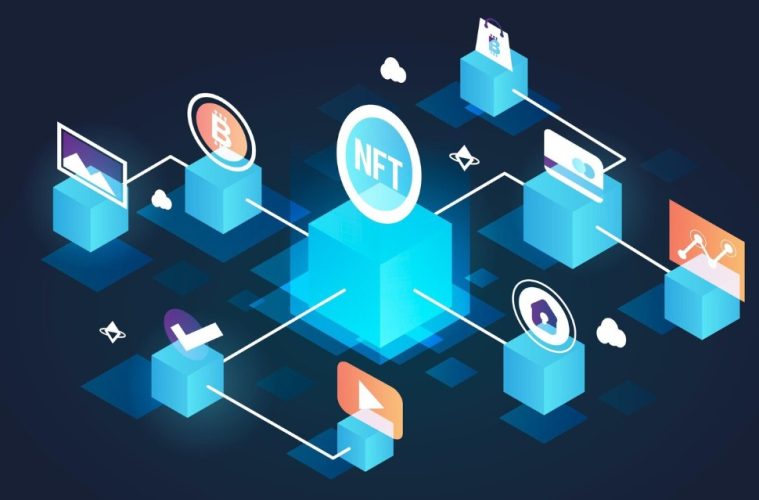From owning land in virtual worlds to accessing events via NFT passes, tokenization is changing how we define value, ownership, and participation in the digital age.
Tokenization of Everything: Digital Real Estate, NFT Passes, and the Metaverse
The concept of ownership is being redefined. As we spend more time in digital environments and economies, traditional ways of proving possession, identity, and access are no longer sufficient. Welcome to the era of tokenization — a blockchain-powered shift where almost anything, from real estate to VIP experiences, can be turned into a digital token. In this brave new world, NFTs (non-fungible tokens) and smart contracts are giving rise to decentralized, transparent, and secure systems of exchange that bypass middlemen and empower users. But what does all this mean in practice? Let’s work with the bet team to understand how tokenization is transforming three main areas: real estate, digital access, and the metaverse.

Tokenized Real Estate: Owning Property in the Blockchain Age
One of the most groundbreaking applications of tokenization is in real estate. Traditionally, buying property involves paperwork, legal fees, and waiting periods. Tokenization simplifies this by converting a physical asset — like a house or an apartment — into digital tokens that represent shares of ownership. This fractional ownership model means you could invest in real estate without buying an entire property.
For example, through blockchain platforms, investors can purchase “tokens” of a luxury apartment in New York or a resort in Bali, gaining proportional rights to profits from rent or appreciation. This opens up new levels of accessibility, allowing smaller investors to enter markets that were previously closed to them.
Furthermore, everything is recorded on the blockchain, ensuring transparency, reducing fraud, and speeding up transactions. The token can be traded peer-to-peer, just like a stock or cryptocurrency, creating a real estate market that’s more liquid and global than ever before.
NFT Passes and Access Tokens: Reinventing Entry and Membership
NFTs aren’t just about pixel art — they’re also being used as digital keys to unlock exclusive content, communities, and real-world benefits. Think of them as modern-day access passes or membership cards, but with unique properties and immutable proof of ownership.
Artists, influencers, brands, and event organizers now issue NFT passes that grant holders special perks — early access to a concert, backstage meet-and-greets, or lifetime discounts at a brand’s store. These passes can be programmed with smart contracts, which automate renewals, loyalty rewards, and resale conditions.
This model gives power back to creators and consumers. No more relying on centralized ticketing companies or worrying about fake passes — everything is verified on-chain. Some high-end restaurants, gyms, or even hotels are also exploring NFT-based memberships that can be resold or leased by the holder, turning access into a tradable asset.
The Metaverse: Tokenizing Virtual Worlds
In the metaverse — a collection of interconnected virtual spaces — digital assets like land, buildings, clothes, and even identities are being tokenized as NFTs. Platforms like Decentraland, The Sandbox, and Otherside allow users to buy plots of virtual land and build on them, all represented by unique tokens on a blockchain.
These virtual properties can be rented, sold, or used for commerce, entertainment, or social interaction. A virtual gallery showcasing NFT art, a digital casino, or an online store — all are made possible through token ownership.
Big brands like Nike, Gucci, and Adidas have already entered this space, creating immersive branded experiences. With tokenization, digital ownership in the metaverse is provable, transferable, and usable across platforms — potentially reshaping gaming, marketing, and even remote work environments.
Conclusion
Tokenization is more than a buzzword — it’s a foundational change in how we handle assets, identity, and access in a digital-first world. Whether it’s investing in a piece of real estate, attending a private event through an NFT pass, or buying land in the metaverse, the possibilities are growing rapidly. As this trend evolves, we can expect an increasingly decentralized economy where users hold more control — and more responsibility — over their digital lives. The question is no longer if everything will be tokenized, but when.
